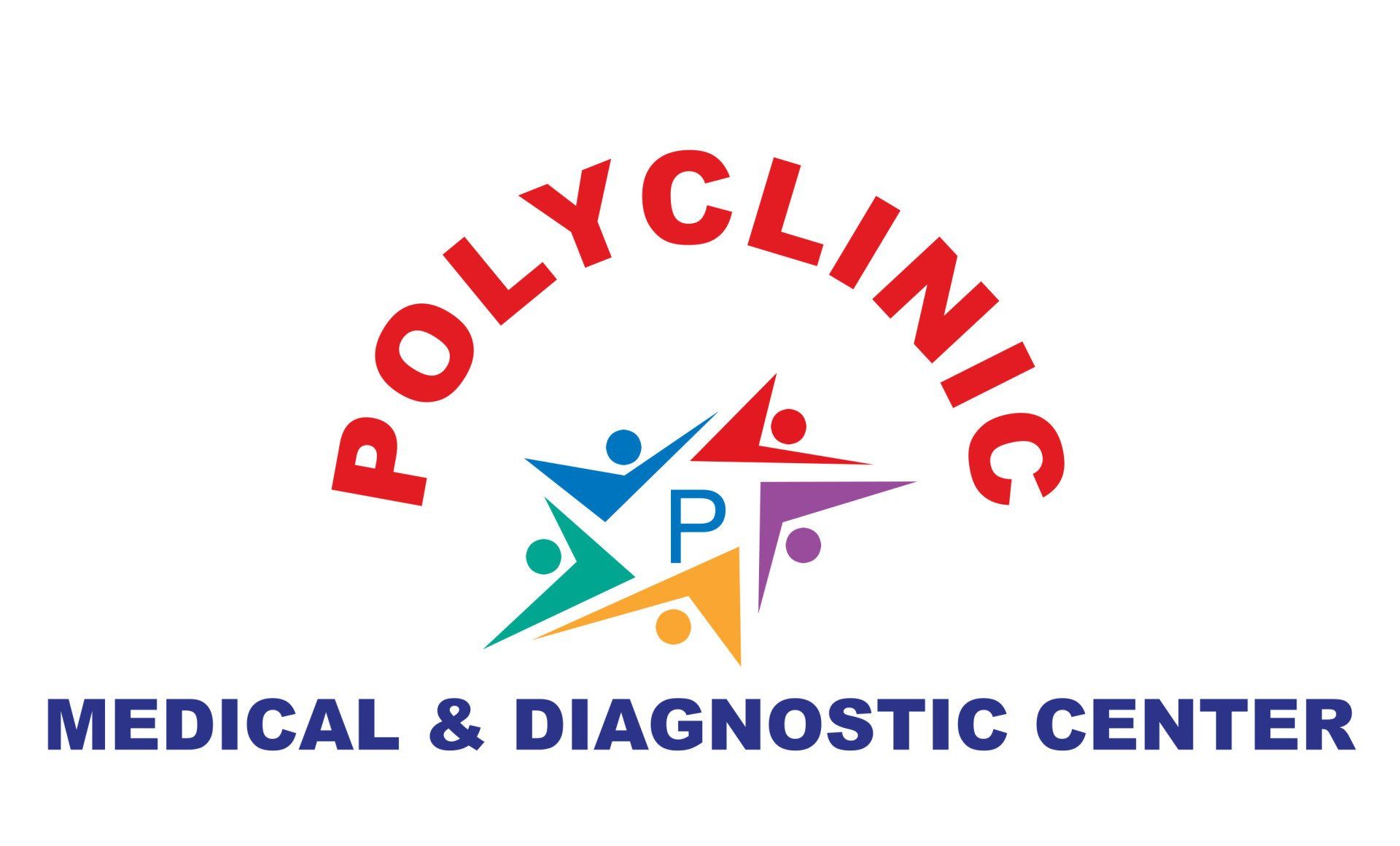Psychotherapy
Our therapists are trained in both conventional and body-oriented counselling and psychotherapy.
Anxiety
The most common class of disorders was anxiety disorders, accounting for 25 % of the population. Of all the people who reported a psychiatric disorder, 79 % had more than one disorder.
For example, many people who have anxiety disorders are also likely to have depression or substance abuse. Between 30% to 50% of the cause may be genetic, but early childhood experiences (such as loss of a parent, demanding or inconsistent standards, overprotection, parental statements that the world is a dangerous place), recent stresses in life, unrealistic expectations about yourself and others, relationship conflicts, alcohol, caffeine, poor coping skills, and other factors all contribute to the experience of anxiety.
The most common anxiety disorders are social phobia, simple phobia, generalized anxiety, panic, agoraphobia, and obsessive-compulsive disorder. Anxiety disorders tend to persist, with some people claiming that they have been anxious and worried all their lives.
"Stress is a silent killer"
Stress is a natural, physiological response that involves a complex interaction between our mind, body, and environment. Stress is not inherently bad. In fact, we need a certain, optimal level of stress in order to remain alert and perform well. Ideally, stress prepares us to take action by activating our sympathetic nervous system and improving mental focus. there are many potential warning signs of stress:
Muscle tension , Headaches , Exhaustion/fatigue , Weight changes , Teeth grinding , Frequent bouts of illness , Stomach aches , Hypertension , Sweating or trembling hands, Sexual dysfunction , Diarrhoea or constipation , Restlessness , Indigestion ,Hurrying , Decreased productivity , Unhealthy eating patterns , Isolation , Conflicts with others . Irritability, Decreased emotional control , Easily frustrated , Poor concentration , Forgetfulness.
Depression:
Has a variety of symptoms, such as loss of energy, loss of interest in activities and in life, sadness, loss of appetite and weight, difficulty concentrating, self-criticism, feelings of hopelessness, physical complaints, withdrawal from other people, irritability, difficulty making decisions, and suicidal thinking. Most depressed people feel anxious as well.
They often feel worried, nauseated, dizzy, and sometimes have hot and cold flashes, blurred vision, racing heartbeat, and sweating. There is no “one” cause of depression.
We view depression as “multi-determined” – that is, it has biochemical, behavioural and cognitive components. We will examine each one.

Our Psychotherapist is your steps towards addiction treatment and giving up physical and psychological dependency......
Counselling & Psychotherapy is a process which is scientifically evidenced based to help support people get through difficult and distressful times to gain greater mental health, fulfilment and happiness in their life. If you have not engaged in this process before an outline of what to expect may help. Some people describe counselling and psychotherapy in different ways, but it broadly means a space where you can sit and talk through what is troubling you with a professional counsellor who will listen with empathy in a non-judgemental way. Feedback we receive is that a lot of people find they understand themselves better and as a result, gain different perspectives on their lives which enables them to make changes in their life for the better.
Cognitive behavioural therapy
Cognitive behavioural therapy (CBT) is a form of psychotherapy that focuses on adjusting thoughts, emotions and behaviours, by questioning negative or irrational beliefs. CBT is an effective treatment approach for a range of mental and emotional health issues. It aims to help you identify and challenge unhelpful thoughts and to learn practical self-help strategies. These strategies are designed to challenge your thinking pattern to bring about immediate positive changes in your quality of life.
CBT: an effective methods of treatment of anxiety, depression, eating disorder-anorexia nervosa and bulimia nervosa, panics attacks, phobias, low-esteem , obsessive compulsive disorder ( OCD) , post-traumatic stress disorder (PTSD),Insomnia, Suicidal ideation, addiction, bipolar disorder, behavioural disorders in children and teenagers.
Play therapy
Play Therapy is a Child centred approach based upon several psychological theories. Play is an essential part of a child’s social, emotional, cognitive, physical, and creative development. it is typically used with children between the ages of 4 and 12. Play therapy may be helpful in a variety of circumstances, such as :Problem behaviours in school such as bullying , Aggressive or angry behaviour ,Anxiety, depression, grief ,Family issues, like divorce, separation, or death of a close family member ,Natural disasters or traumatic events , Domestic violence, abuse, or neglect.
"Have you got any of these problems and looking for help ? Call us today "
If you are looking to get a help in any of the following problems, please contact us:
Depression
Stress management
Sexuality issues
Family and relationship issues
Bereavement
Psycho .trauma
Self harm
Addiction
